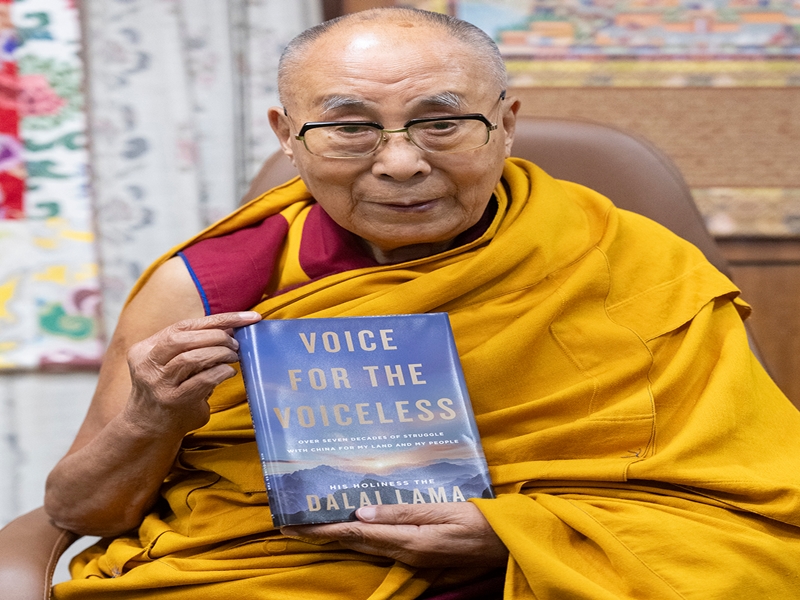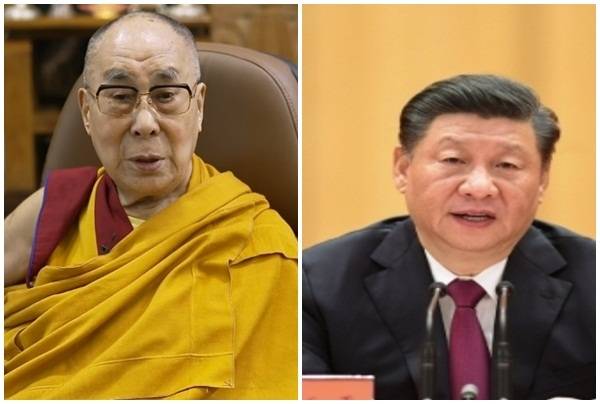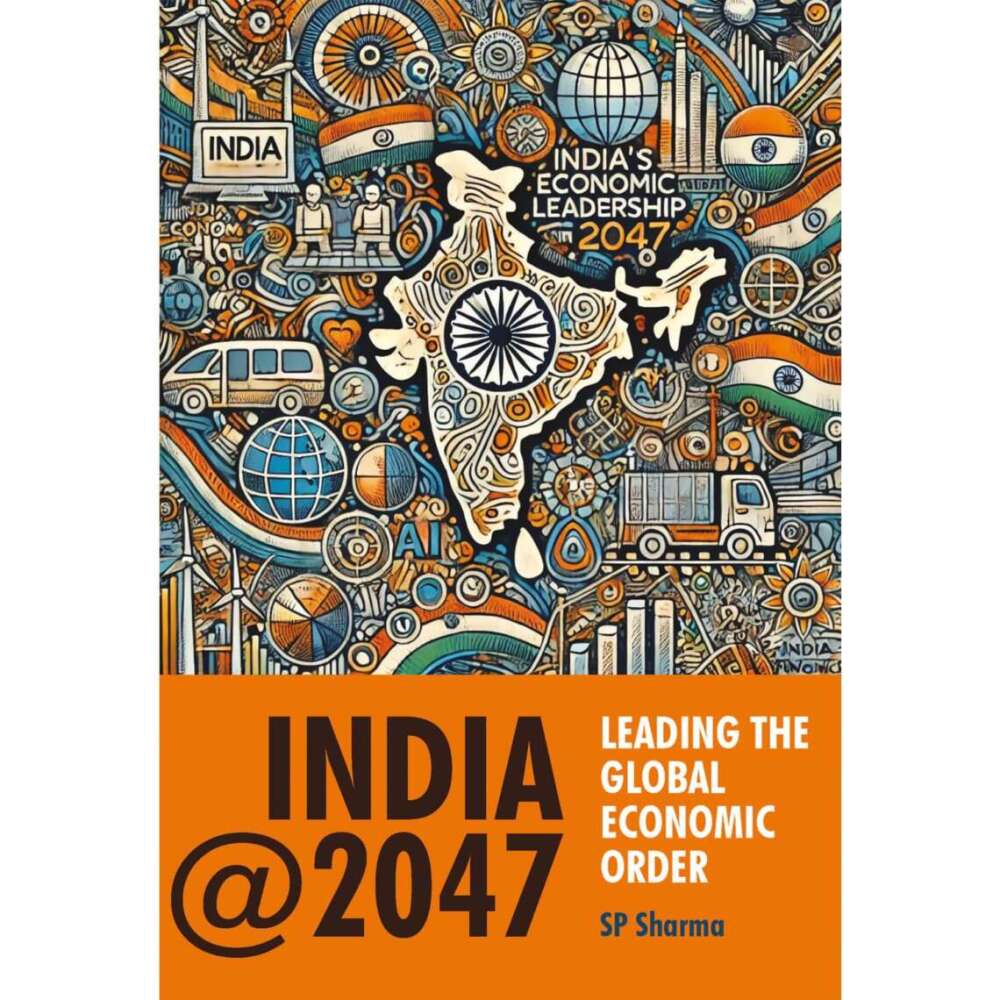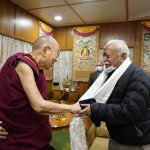This new book marks a significant departure from the Dalai Lama’s typically spiritual and philosophical works, offering a candid and personal account of his encounters with China’s leaders over the course of seven decades
In March, the world will get a rare and intimate glimpse into the mind and heart of the Dalai Lama as he unveils his newest book, Voice for the Voiceless: Over Seven Decades of Struggle With China for My Land and My People. The Tibetan spiritual leader, who will be turning 90 in July, has spent nearly his entire life navigating the complex political and spiritual landscape shaped by China’s occupation of Tibet.
This new book marks a significant departure from the Dalai Lama’s typically spiritual and philosophical works, offering a candid and personal account of his encounters with China’s leaders over the course of seven decades. For the first time, he opens up about his fraught negotiations with figures like Mao Zedong, Deng Xiaoping, Jiang Zemin, Hu Jintao, and Xi Jinping, providing an unvarnished look at his tireless efforts to protect Tibet and its people.
As a young man of just 16, the Dalai Lama witnessed Communist China’s invasion of Tibet in 1950. At 19, he met Chairman Mao in Beijing, an encounter that set the stage for his lifelong struggle. By the age of 25, he was forced into exile, becoming a symbol of resistance for Tibetans worldwide. Through his writings, the Dalai Lama traces the arc of his personal journey—moving from the heart of Tibet to life in exile in India—while also reflecting on the geopolitical battles that shaped both his mission and the fate of his people.
The book is a blend of history, spirituality, and politics. The Dalai Lama shares never-before-revealed personal reflections, as well as his thoughts on the ongoing struggles faced by Tibetans under Chinese rule. He speaks about the profound sense of loss—losing his home, his country, and his people’s cultural identity—and how he found a way to preserve his own humanity in the face of those losses. With a unique blend of pain and hope, he paints a portrait of a life spent in pursuit of freedom, dignity, and justice for Tibet.
Despite the immense challenges, the Dalai Lama’s message is one of hope. Voice for the Voiceless reminds the world of Tibet’s unresolved fight for autonomy and its people’s ongoing struggle to preserve their language, culture, religion, and history. Through the lens of the Dalai Lama’s personal journey, the book also sheds light on the broader geopolitical forces at play, offering a glimpse into the extraordinary life of one of the most respected figures in modern history.
In his reflections, the Dalai Lama not only recounts the difficulties of his past but also envisions a path forward for Tibet and its people. His voice is one of resilience, determination, and an enduring belief in the possibility of freedom, even against overwhelming odds. This book stands as a testament to his life’s work and the continued fight for Tibet’s rights on the global stage.
Voice for the Voiceless is not just a memoir; it is a call to the world to remember Tibet’s plight and to stand with its people in their quest for justice. It is a powerful reminder of what it means to be a voice for those who have no voice, and of the enduring power of hope in the face of hardship














